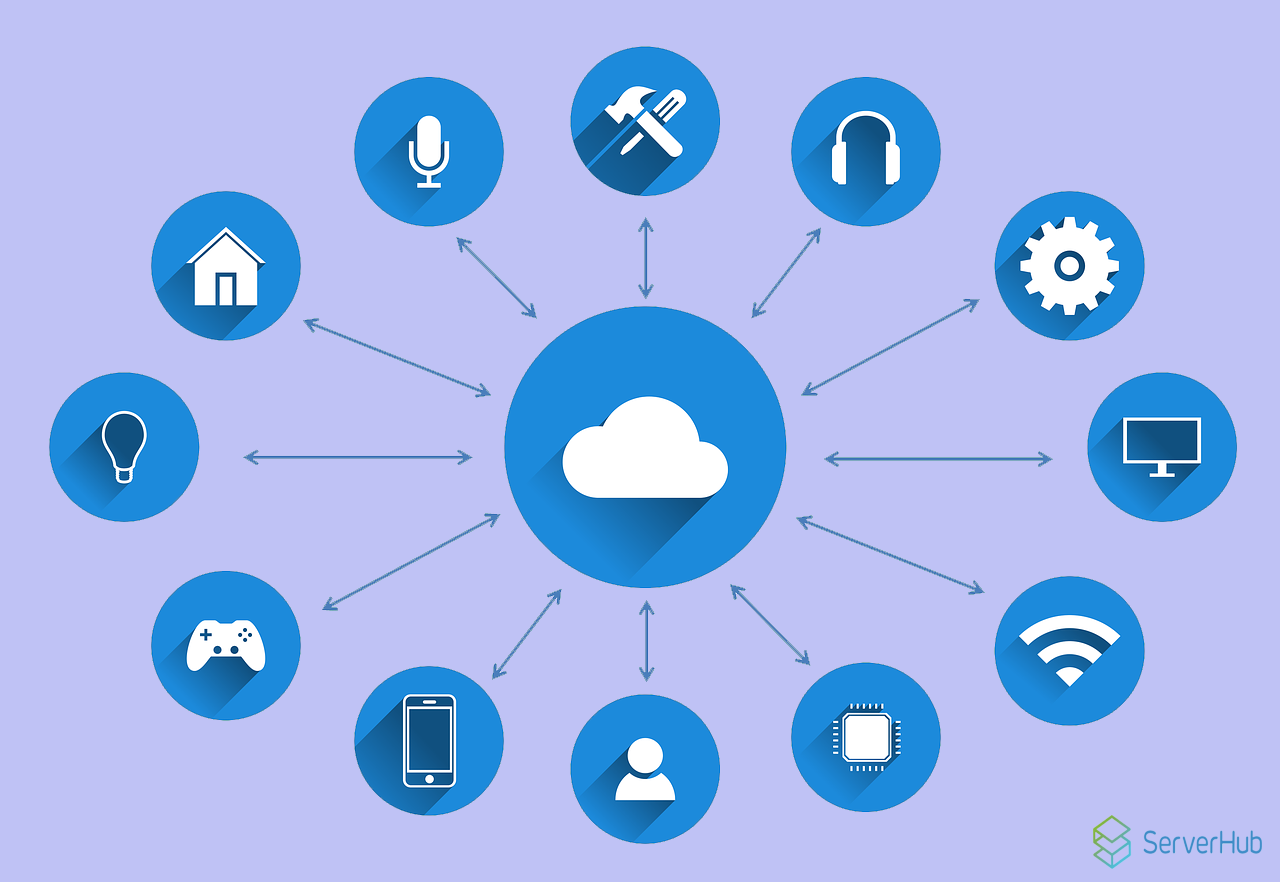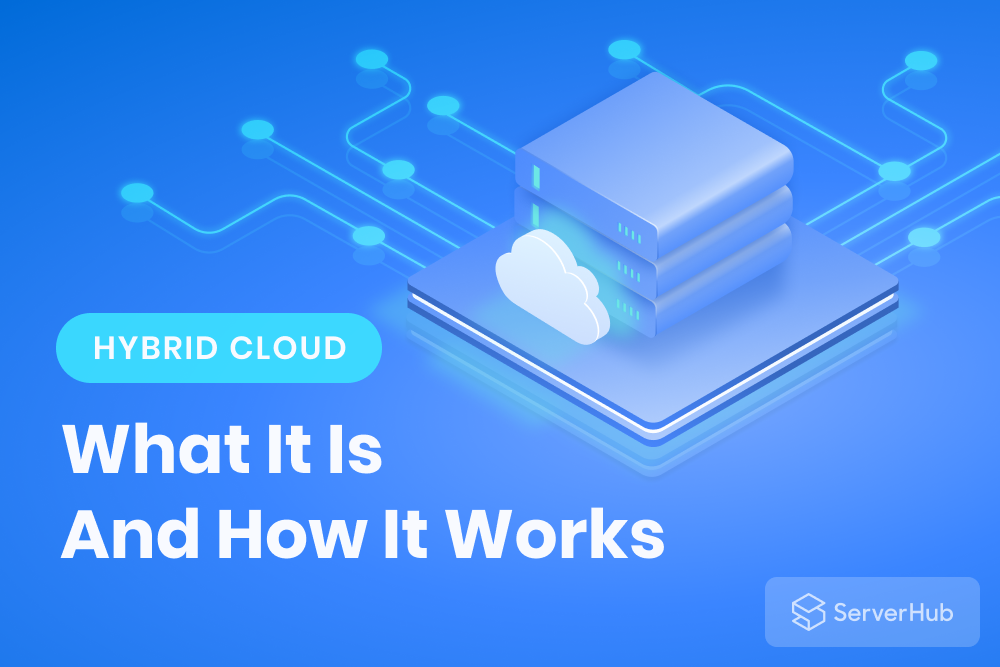Hybrid cloud, cloud hybrid, or multi-cloud. No matter which definition of hybrid cloud you use, the great benefits are the same!
With superior security, automated data redundancy, high availability, and disaster recovery. Hybrid cloud is the ultimate choice for small and big businesses alike.
Imagine a hybrid train feeding on solar and electric power, 2 distinguished technologies functioning differently.
When both are combined appropriately, it results in a more powerful train than a solar or electric-only train, enhancing advantages and overcoming disadvantages of each power.
Hybrid clouds maintain the same approach, unifying public and private cloud services to create a single and cost-optimal IT infrastructure.
Hybrid cloud: what connects the separate clouds
Public clouds, private clouds, and on-premises infrastructure can connect through:
- Application Programming Interfaces (APIs)
- Virtual Private Networks (VPNs)
- Wide Area Networks (WANs)
- Local area networks (LANs)
Hybrid cloud: types of environments
Public cloud: shared by multiple organizations, it runs by an external vendor that may include servers in one or more data centers
Private cloud: wholly dedicated to one company, all the files are not shared, maintained, and secured by the organizations-themselves
On-premises (legacy): where deployments don’t use cloud technology. Instead, organizations use the traditional practice of purchasing software licenses.
Any combination of the above cloud types can be considered “hybrid cloudâ€
Hybrid cloud: How does it work?
Hybrid clouds focus on transforming portions of a company’s on-premises data center into private cloud infrastructure, then connecting that infrastructure to public cloud environments hosted off-premises by a public cloud provider.
This happens using unified management tools or advanced enterprise middleware to combine cloud resources across the environments.

Hybrid cloud: the advantages within
Offering many competitive edges, the benefits of a hybrid cloud include:
Improved productivity: agility is on top when it comes to hybrid clouds, helping you expand effortlessly and deploy to all clouds.
Exceptional security: keep sensitive data on-premises in a secure private cloud while running the rest of your applications using a public cloud.
Potential acceleration: avoid service interruptions due to cloud crashes by relying on the other cloud. Also, gain faster integration and combination with partners or third parties to deliver new products and services.
Cost control: run every application as efficiently as possible by adding cloud resources -only when- needed to accommodate the peak periods.
Read VPC vs private cloud: differences and definations
Hybrid cloud: the evil drawbacks
Because nothing’s perfect without the imperfections, some of the top hybrid cloud disadvantages are:
Complexity all over: setting up a hybrid cloud takes more steps than deploying a single cloud, as hybrid clouds consist of at least 1 private cloud and 1 public cloud, or 2 and more clouds from each.
Tough to secure: requiring multiple security products at times for the company’s public cloud, as it’s only the private cloud that runs behind its firewall.
Barbed mixture: not all private and public clouds are fully compatible, resulting in slow responses for hybrid cloud applications. Additionally, the cost may significantly increase in data misplacement, inevitably calling for a unique set of outstanding technical skills.

Hybrid cloud: use cases and scenarios
Disaster recovery: by backing up data in the cloud carefully to avoid bandwidth consumption.
Cloud provider adventure: where a group of skilled people explore the cloud tools and learn how to deal with them before adopting a public cloud approach.
Future flexibility: hybrid clouds match your exact data requirements to the public/private cloud resources that are guaranteed to handle them the best.
Hybrid cloud: best of both worlds
The presence of multiple environments can be a powerful defense against security risks and maintain the tools freely for complete scaling, saving, and maximum efficiency.
If the road is clear, then why limit your options? Go on and consider all the way hybrid cloud now! Get all the agility you need for the next level, and grasp the best of both worlds.
